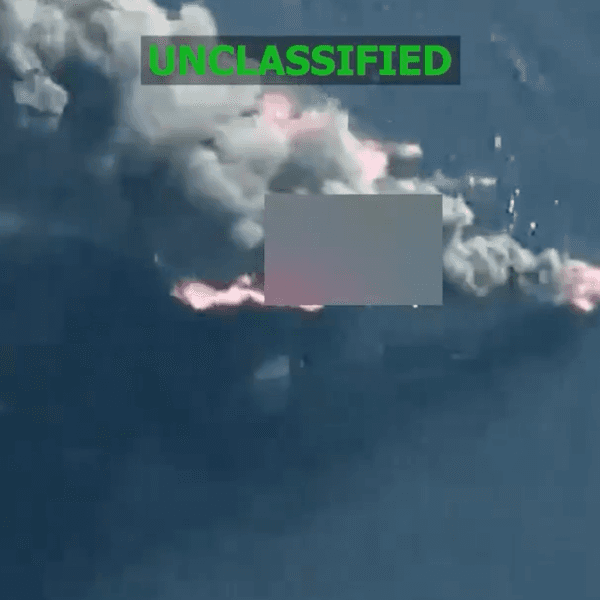In a move that triggered an immediate protest outside the White House and that advocates say "stands out as among the most cruel to date" in the Trump administration's ongoing attack on immigrant communities, the government announced Monday that it is ending temporary protections for nearly 200,000 people from El Salvador who have been allowed to legally live and work in the United States since two earthquakes devastated their country in 2001.
"Uprooting the lives of our neighbors, friends, and families is unjust and inhumane."
--Steven Choi, New York Immigration Coalition
The Salvadorans represented about two-thirds of all participants in the U.S. government's Temporary Protected Status (TPS) program, which grants legal status to foreign nationals for a variety of reasons, including ongoing armed conflicts, environmental disasters such as earthquakes or hurricanes, and epidemics. They now have until September 2019 to leave the United States or face deportation.
"In the days leading up to the decision, immigrant advocates and the El Salvadoran government pleaded for the United States to extend the program, as it has several times since 2001, saying that conditions in El Salvador were still dire," the New York Times reports. When the protections were last renewed in 2016, "the government cited several factors, including drought, poverty, and widespread gang violence in El Salvador, as reasons to keep the protections in place."
Protesters gathered near the White House shortly after the announcement was made:
Immigrant rights advocates and aid groups quickly condemned the move, with Marselha Goncalves Margerin, Amnesty International's advocacy director for the Americas, calling it "a devastating betrayal for thousands of families who arrived at the United States seeking safety as well as their U.S. citizen children."
"By returning TPS recipients to El Salvador, the United States could be sending people to their deaths," Margerin added. "Mothers, fathers, and children could face extortion, kidnapping, coerced service to gangs, and sexual violence."
" Central America continues to be one of the most violent regions on earth and any suggestion that country conditions have meaningfully improved are without basis. It is further contradicted by the Trump administration's own repeated warnings about violent gangs operating in El Salvador," said Anne Pilsbury, executive director of Central American Legal Assistance.
"The U.S. bears a great deal of responsibility for the high level of violence in El Salvador, having funded their 11-year long war," Pilsbury added. "It is unconscionable to turn our backs on the victims of violence, especially when they have been hardworking, law-abiding neighbors, and integral members of our communities now for almost 18 years."
"Deporting hundreds of thousands of U.S. residents back to the most dangerous country in the western hemisphere is not just an affront to American values, but a near-homicidal act," declared Roxana Rivera, vice president of 32BJ SEIU. Rivera added that the decision "stands out as among the most cruel to date in the onslaught of assaults to immigrant communities," and called on Congress "to pass a long-term solution."
Sen. Elizabeth Warren (D-Mass.) criticized the Trump administration's actions related to TPS and also called for a legislative response:
Steven Choi, executive director the the New York Immigration Coalition, warned that "terminating TPS will have a significant negative impact on the social fabric and economic growth of our local communities," and concluded, "uprooting the lives of our neighbors, friends, and families is unjust and inhumane."
Other advocates turned to social media to denounce the decision:
Noting President Donald Trump's decision to end the Deferred Action for Childhood Arrivals program in September--and thus, exposing some 800,000 young people to a heightened threat of deportation--Vox's Matt Yglesias tied the TPS decision to the president and Republican Party's broader agenda:
Last year, the Trump administration ended TPS for some 2,500 Nicaraguans and 59,000 Haitians who had been legally living and working in the United States following natural disasters in their home countries.
Now that U.S. residents from three nations have lost protections under Trump, there are reportedly fewer than 100,000 people left in the program. According to the Department for Homeland Security's website, protections remain active for citizens from Honduras, Nepal, Somalia, Sudan, South Sudan, Syria, and Yemen.




